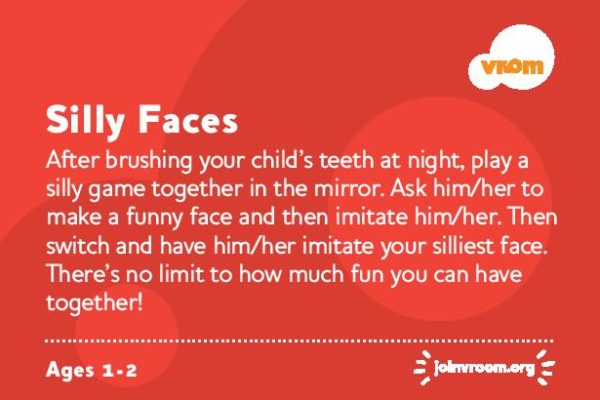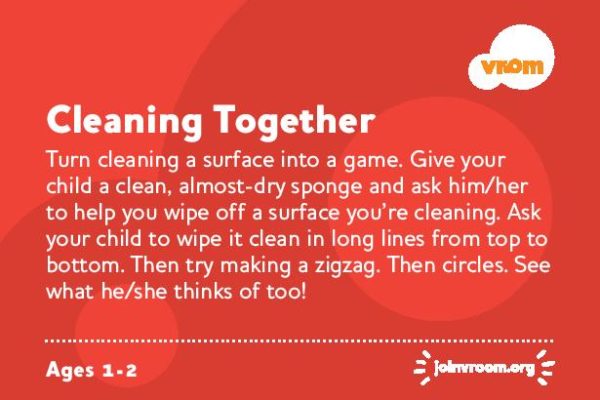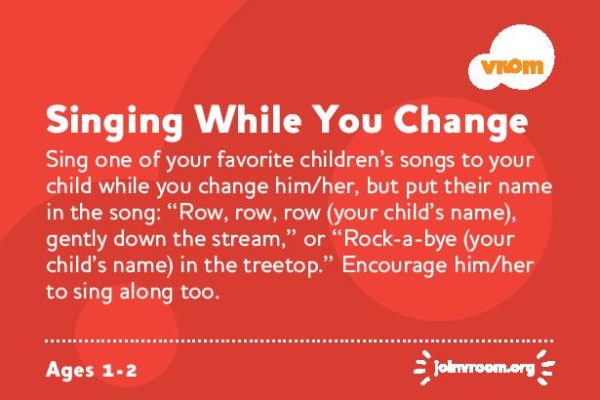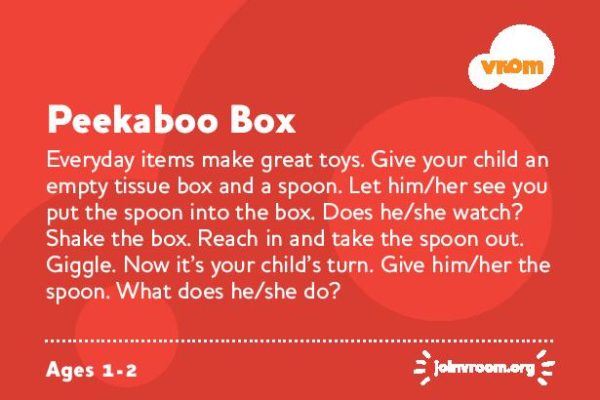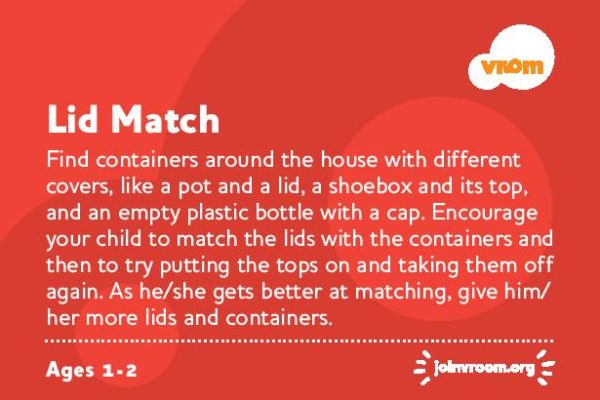OVERVIEW
The toddler years are a period of rapid physical growth and cognitive development. Toddlers are on the move – often by beginning to walk or “toddle” about. Once children are on the go, they won’t stop! The toddler years last until about age three. Click here to learn more about what to expect.
Remember that all children develop differently. This means that your child may be really good at some activities and struggle with others. This is normal. Don’t worry! The information on this website is meant to be a guide, not a checklist of things which have to be mastered.
PARENT EXPERIENCE
It is an exciting time to be a parent! Your child is learning to walk and talk and forming a personality with ideas and opinions! As your child slowly becomes more independent – and falls in love with the word “no” as a way to express that independence – it can be frustrating as well.
Most toddlers have occasional temper tantrums, which can be especially challenging and even embarrassing when you are in a public place. Remember, this is normal; it doesn’t mean that you are a bad parent!
Learn more about how to respond to your toddler.
HEALTH AND ACTIVITY
Walking: Many infants start walking around the age of 12 months, but the typical range can be 9-18 months. Click here for more information about walking.
Keep in mind that it’s okay if your child falls down from time to time. It’s important to let him or her explore.
Importance of Play: Explore everyday items with your toddler and how they can be fun! Pots and pans can be used to cook or can become a drum set. Empty paper towel rolls can become horns to help dance your wiggles out together. Play is your child’s work and how they learn about the world.
Playing with, in and around water can be a great way for your toddler to discover new things, but never leave your child alone near or in water, including bathtubs, pools, ponds, toilets and buckets of water.
Moving Away from the Bottle: Try new foods with your toddler. Enjoying mealtime together will help your child want to eat. Keep offering a choice of healthy foods. You may need to offer a food 10-15 times before your toddler will try it, so don’t stop trying! Also, don’t be surprised when a favorite food is suddenly rejected.
As your child develops more teeth and learns to chew, you may see an increased interest in new foods, but keep in mind that choking hazards are still present. If your child hasn’t already made a trip to the dentist, don’t put it off any longer. Healthy baby teeth lay the foundation for strong adult teeth.
Toilet Training: Does your toddler have a dry diaper for more than two hours? It may be time to learn about toilet training. Children are ready for potty training at a wide range of ages, but it typically happens in the late toddler years and early preschool years. Check out these resources on kids health, healthy children and toilet training.
Help your child to wash his or her hands before every meal, when coming inside and after using the potty. Help your child use the sink, soap and towel and encourage washing for at least 20 seconds – sing a song together like “Happy Birthday” or the ABCs to know they’ve washed long enough.
Bath time and potty training are also a good time to start talking about appropriately labeling body parts. “The Swim Suit Lesson” is a good tool to help your child identify inappropriate touch.
Help your toddler stay on track by:
- Taking your toddler to the doctor regularly for well check check-ups. Generally, doctors like to see toddlers at 12, 18 and 24 months to make sure your toddler is on track developmentally.
- Don’t have a doctor? Check with your insurance to find a list of doctors.
- Don’t have insurance? Contact Larimer Health Connect to find out about insurance options in Larimer County.
- Screenings are a regular part of healthcare. The doctor may ask you to fill out a questionnaire about your observations of your child.
- Have concerns or questions? Write them down, and ask your doctor at your next well child check-up.
FEELINGS AND BEHAVIOR
Emotions: As your child grows, talk about feelings and how to express them. Reading can help your child understand feelings and behaviors – talk about what the characters are going through in the books you read together. You can also ask your child to guess what feeling you are showing on your face – another good way to have face-to-face time with your toddler rather than relying on technology for entertainment.
Temper tantrums may be the only way your toddler knows to express feelings. Be patient and make sure your child is safe from harm while calming down. Teaching children the words to describe their feelings can help them feel heard and reduce tantrums. For example, “I can tell that you are ‘angry’ when you kick your feet.” Click here for additional ideas on how to handle tantrums.
Be Clear: Help your child understand what you want. For example, instead of saying “no hitting,” ask your child to use “gentle hands” and “touch softly” to show what you mean. Clear and simple instructions on what you would like your child to do can help prevent power struggles.
Independence and Choices: When possible, support your toddler’s independence by offering choices. Ask “Would you like to wear the red pants or the blue pants?” or “Would you like to wash your face before or after you brush your teeth?”
Toddlers like to try to do things themselves, like putting on their shoes. Let your child try and only help when needed.
LANGUAGE AND LEARNING
Reading: Reading is a critical component of language development and learning for children of all ages. Children who are read to for 30 minutes a day perform better in school. Read to your toddler every day during cuddle time and before bed. Click here for tips on reading with young children.
Be a good model for reading. Read your own book or magazine in front of your toddler. Also look at photos together and talk about who is in the pictures. Children love photos of family and friends.
Describe Things Around You: When you describe your experience, it helps your child explore new ideas. For example, you might say “the wind feels cold on my face.”
You can help your toddler learn animal sounds and the parts of the body by saying them out loud together. Ask your child questions such as “What does the dog say?“ or “Where are your ears?”
Toddlers love to say “no,” and it’s an important part of growing. Be silly and let your child say “no” in a fun way. Ask “Do the shoes go on your hands? No! Do they go on your head? No! Where do they go? Oh, on your feet!”
Counting: The toddler years are a great time to start introducing early math skills. Count everything – the number of cars in the street or the number of spoons on the table. You can also explore different sizes in your home. Have your child find the big shoe and the little shoe.

